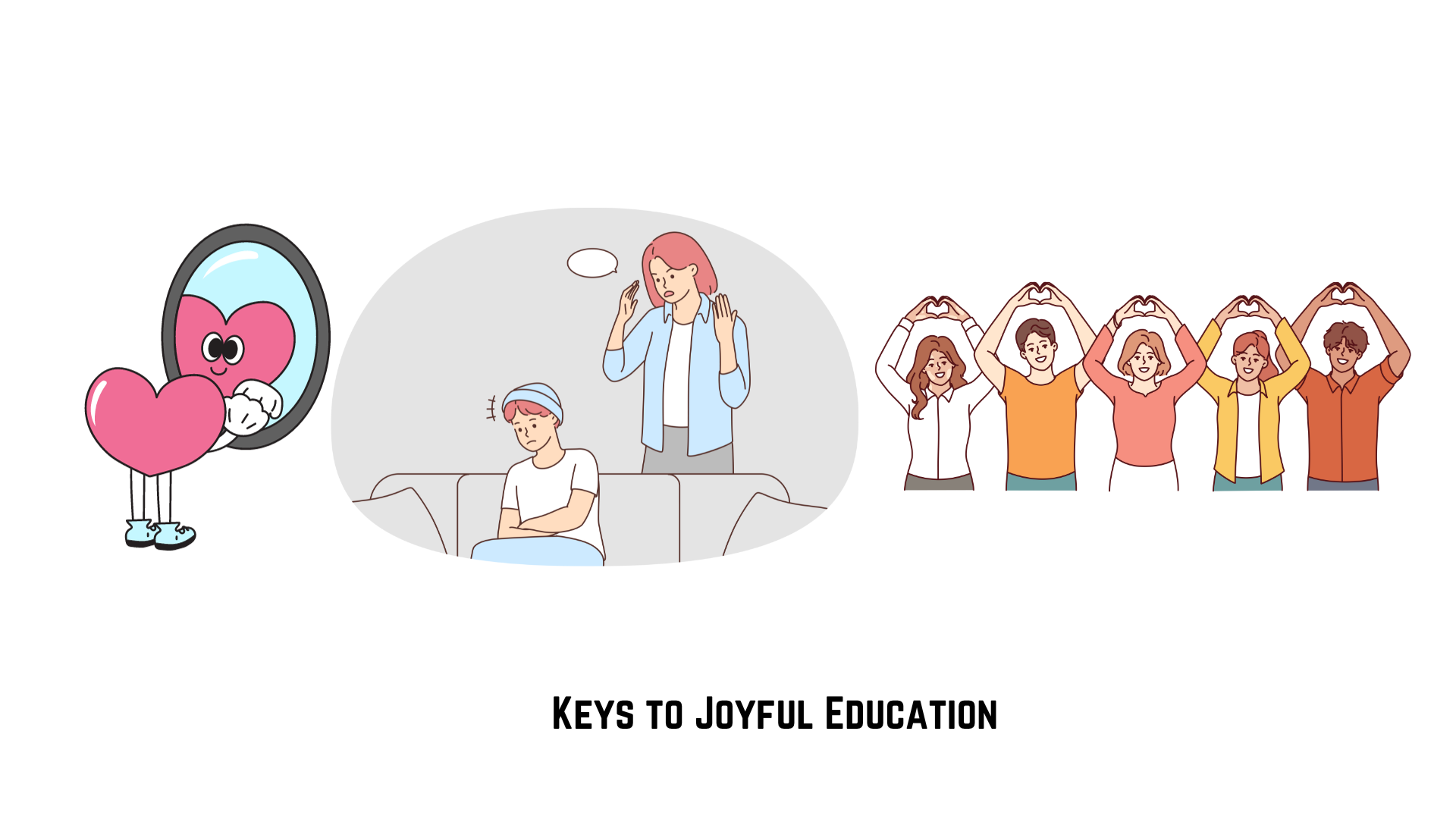Trending Now
- Alliance talks between AIADMK and BJP are ongoing. An announcement will be made at the right time – Union Home Minister Amit Shah.
- Vijay spoke about TVK vs. AIADMK only to motivate party workers – AIADMK General Secretary Edappadi K. Palaniswami.
- South Indian audiences are not interested in Hindi films, which is why they don’t succeed – Salman Khan.
- KL Rahul joins Delhi Capitals; the team will face Hyderabad tomorrow.
Columns
Unlocking the Keys to a Joyful Education: Insights from an Innovative Educator
![]() October 18, 2023
October 18, 2023
Every child aspires to experience a happy family life, a gratifying journey through school, and a rewarding career. To unravel the critical components that lead to a prosperous and content life through education, we conducted an interview with a former engineer turned educator who currently serves as the owner and principal of Green Valley English School, an ICSE-affiliated institution located in Bengaluru.
Sandesh, in his insights, proposes three fundamental elements for a successful and joyful educational experience. Firstly, he emphasises the importance of fostering self-expression in learning. Allowing children to make essential mistakes and encouraging them to express themselves is essential. Sandesh argues that an education system devoid of room for self-expression merely becomes a form of training, failing to provide children with new perspectives and insights. When children feel, their efforts go unnoticed, it can negatively impact their engagement in the classroom, hindering collaborative learning among peers and teachers.
The second aspect Sandesh highlights is the excessive emphasis on discipline through structure and routine in schools. Many institutions expect children to display discipline consistently, both within the school premises and beyond. This lack of space for chaos can potentially hinder children’s development, as it restricts their ability to explore and experiment. Children are naturally inclined to take their beliefs seriously, and an education system that enforces manipulation may lead them to manipulate those who were initially honest and sincere in their intentions.
The third element Sandesh advocates for is the cultivation of harmony through conflict resolution. Educators must navigate children’s emotions to create an environment conducive to learning in classrooms.
To illustrate the challenges of addressing the third aspect, Sandesh provides an example of how some teachers pinpoint a child’s inability to recall concepts, attributing it to the fact that the material was taught seven months ago. Such rigid approaches can hinder progress in the educational system, highlighting the need for a more adaptable and flexible system.
Sandesh firmly believes that education is an organic process, and genuine innovation in teaching practices is essential for meaningful change. He emphasises the continuous evolution of the learning system to facilitate effective education.
Sandesh attributes the origins of these three crucial aspects to the challenges, barriers, and disconnects that exist within the educational system, involving parents, children, educators, and the system itself.
To address these aspects of self-expression, chaos, and harmony, Sandesh suggests that education boards provide general guidelines and allow individual schools the autonomy to develop their own approaches. He recognises that a one-size-fits-all approach is insufficient for catering to the diverse needs of students and institutions.






















